Oct 28, 2025 10:47 AM
In Memoriam: Jack DeJohnette, 1942–2025
Jack DeJohnette, a bold and resourceful drummer and NEA Jazz Master who forged a unique vocabulary on the kit over his…
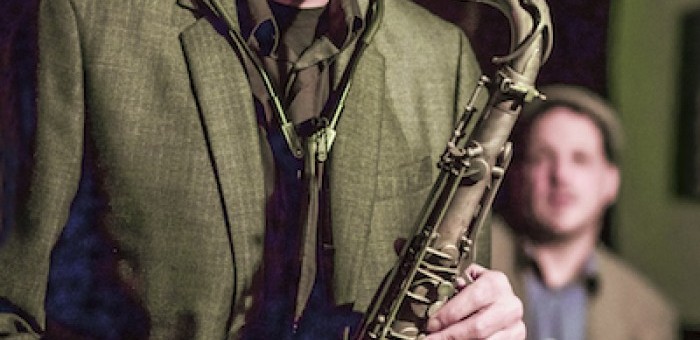
Benny Sharoni performs at Fitzgerald’s in Berwyn, Illinois, on April 9.
(Photo: Michael Jackson)Israeli tenor saxophonist Benny Sharoni wasn’t born in Alabama or the Bronx—he’s from Yemeni/Chilean parentage—but he’s truly steeped in American jazz (Brazilian music too). Influenced by the usual stateside suspects—the rugged contours of Joe Henderson blended with significant doses of John Coltrane’s urgent passion, George Coleman’s manly fluency and techy tinges of Steve Grossman—yet Sharoni still sounds like himself.
Not a household name, Boston-based Sharoni appeared at the lively, if suburban, Fitzgerald’s nightclub in Berwyn, Illinois, on April 9, where he performed two sets with a top-notch quartet featuring stellar Toronto pianist Dave Restivo, charismatic drummer Steve Langone and thick-toned bassist John Sims (filling in for regular bassist Todd Baker).
These sidemen established a thumping, exhilarating pocket from the get-go, beginning with Eric Alexander’s “The Second Milestone,” and they never let up. Coleman’s swaggering “Amsterdam After Dark” followed, and then, rather quixotically, a hard-bop version of “High Heel Sneakers.”
Sharoni was raised in Israel, on a kibbutz near Gaza run by his father, a papaya farmer. He called his upbringing an experience intrinsic to his sense of self-determination, survival and community. He earned the nickname “Cakes” for his largesse in feeding bandmates spelt pancakes, and that’s the title of a blazing, funky tune from his strong, self-produced debut, Eternal Elixir (Papaya Records 2009).
Less wholesome communal memories stem from Sharoni’s three years of service in the Israeli army, for which his pursuit of music, by his own admission, functions as an antidote. At the SideBar, he repeatedly invited listeners to share his insights into the music, with commentary and pleasantry. Suggesting it should be the reciprocal demand of any audience member, Sharoni introduced a fleet “I Want to Be Happy” with the pronouncement, “This is dedicated to you guys!”
There’s no questioning the tenorman’s absorption of the edgier realm of straightahead; studying for a semester at Berklee in 1987, he thereafter sought Jerry Bergonzi and George Garzone for instruction, and has a CD project in the works with the latter. He’s also a fine composer, as five catchy originals on his latest Slant Signature (Papaya Records, 2014) attest. The intriguing title refers to the name of a vintage Otto Link mouthpiece that Sharoni picked up at an estate sale—a choice moment of serendipity.
An example of Sharoni’s illustrative approach (imbuing tunes with more life than is common) came across on “Bitter Drops” from Slant Signature. The title is Israeli slang for hard liquor, and when the leader solos (last, as if stumbling toward the night bus home), his back-of-the-beat, breathy low notes mimic a tipsy state.
Such playfulness marks Sharoni’s ethos—he’ll let out an r&b-style honked bell note amidst nimble lines, and wax free in climax to an otherwise rail-running foray. And he’s also a lovely balladeer, sketching a breezy approximation of Lee Morgan’s perfect melody on “Ceora” on Slant Signature while, live in Berwyn, saturating the elongated form of Bruno Martino’s forlorn “Estaté” with poignancy and drama.
Earlier the quartet played Jobim’s “Triste,” but quite ferociously, Sharoni dueling with the drums. Given Sims’ subbing role, Sharoni spared his originals but nevertheless picked lesser-known groovers such as Dexter Gordon’s “Soy Califa” and an uptempo “There’s A Small Hotel” for this Chicagoland debut.
Thinking there was a hard finish at 11 p.m., Sharoni respectfully called it for the night after two dynamic, generous sets, but soundman Gary was happy to hear more. So, since I’d bet Sharoni at intermission that Coltrane’s Sound was his favorite record, he obliged with a rousing encore of “The Night Has A Thousand Eyes.”
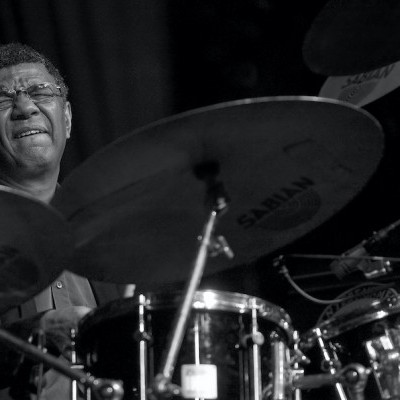
Jack DeJohnette boasted a musical resume that was as long as it was fearsome.
Oct 28, 2025 10:47 AM
Jack DeJohnette, a bold and resourceful drummer and NEA Jazz Master who forged a unique vocabulary on the kit over his…
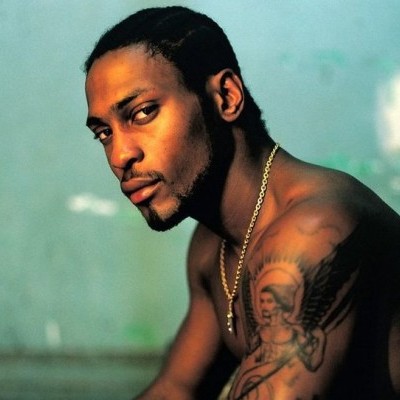
D’Angelo achieved commercial and critical success experimenting with a fusion of jazz, funk, soul, R&B and hip-hop.
Oct 14, 2025 1:47 PM
D’Angelo, a Grammy-winning R&B and neo-soul singer, guitarist and pianist who exerted a profound influence on 21st…

Kandace Springs channeled Shirley Horn’s deliberate phrasing and sublime self-accompaniment during her set at this year’s Pittsburgh International Jazz Festival.
Sep 30, 2025 12:28 PM
Janis Burley, the Pittsburgh International Jazz Festival’s founder and artistic director, did not, as might be…
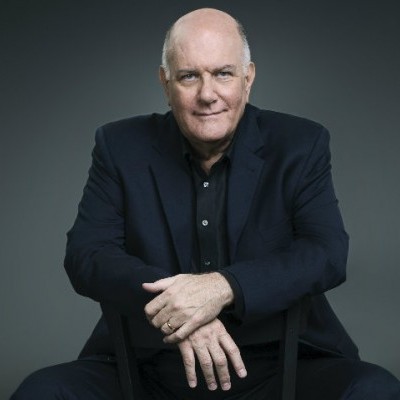
Jim McNeely’s singular body of work had a profound and lasting influence on many of today’s top jazz composers in the U.S. and in Europe.
Oct 7, 2025 3:40 PM
Pianist Jim McNeely, one of the most distinguished large ensemble jazz composers of his generation, died Sept. 26 at…
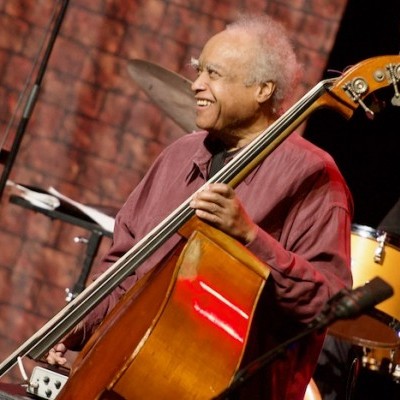
Drummond was cherished by generations of mainstream jazz listeners and bandleaders for his authoritative tonal presence, a defining quality of his style most apparent when he played his instrument unamplified.
Nov 4, 2025 11:39 AM
Ray Drummond, a first-call bassist who appeared on hundreds of albums as a sideman for some of the top names in jazz…